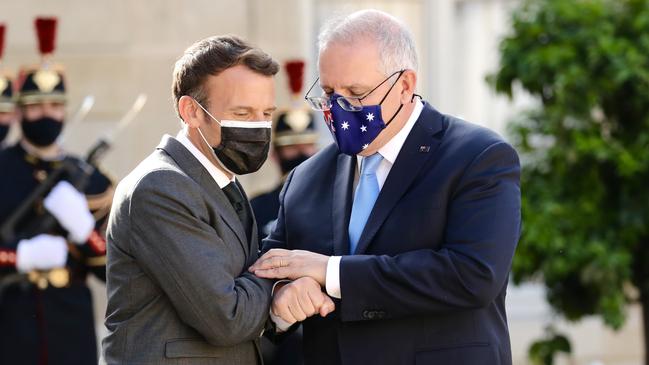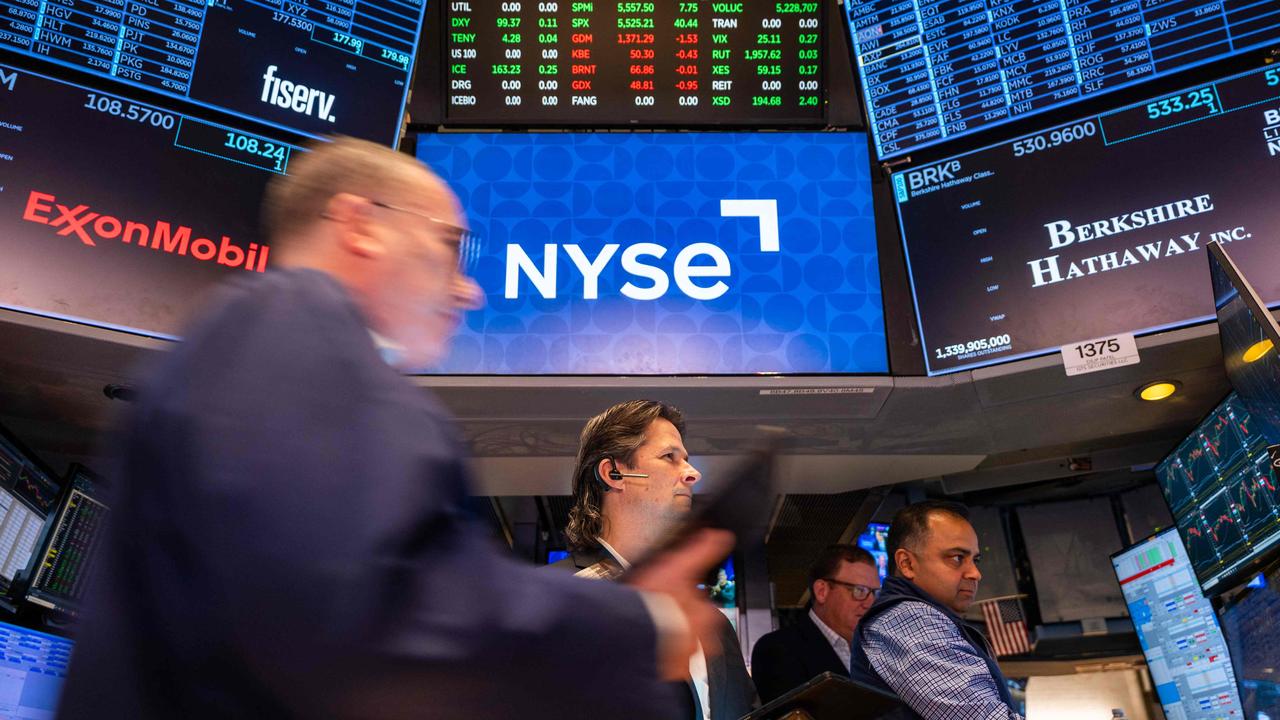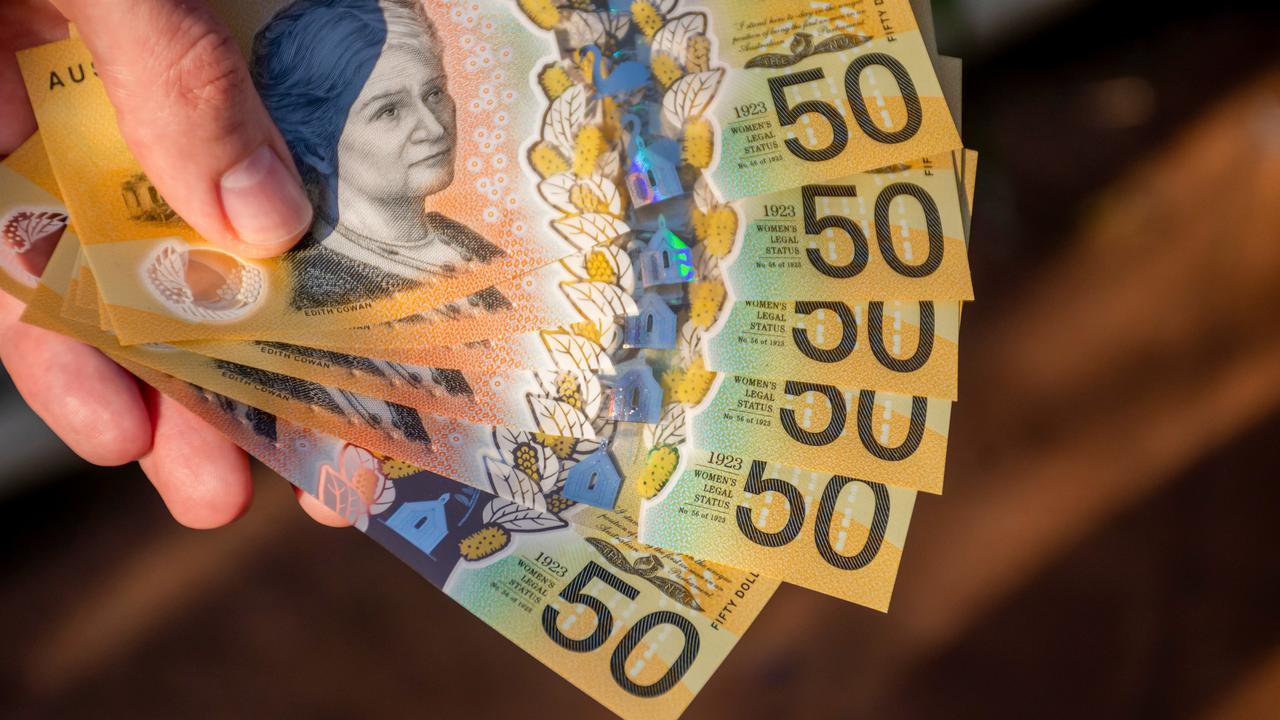AUKUS alliance: Fallout from French subs snub will haunt us

For the French, a 50-year partnership with Australia to provide sovereign capability in maritime warfare was a strategic play: a skin-in-the-game investment in the Indo-Pacific but, equally, an elevation of the Australian market to a level it had never been granted by a European economy.
French company Naval Group brought with its win a significant part of its French supply chain, and Australia’s main cities – Sydney, Melbourne, Brisbane and Adelaide – are dotted with newly established French businesses, from solar energy to cyber-tech, engineering to logistics.
The bilateral relationship grew rapidly beyond subs to encompass education, science, innovation, energy, infrastructure and transport. The first and second visits of French presidents to Australia occurred in quick succession, and the French business community made regular tours of this great land which, but for some flat-footedness by La Perouse in 1788, could have been French.
Until last week, the broader relationship was thriving. The first bipartite Foreign and Defence Ministerial Meeting took place a month ago, committing each nation to collaboration on international and regional security.
South Australian Premier Steven Marshall had just announced a newly reopened business office in Paris. Both countries have invested in bi-national schooling to teach the children of engineers. There has been boosted research collaboration between French and Australian universities across a range of fields.
The growth of the alliance was evident. The annual Anzac event at Villers-Bretonneux, an otherwise nondescript French town with an oddly kangaroo-adorned primary school, became an annual pilgrimage, not only for visiting Australians but also for French military and government royalty, alongside the Australian National Memorial and adjacent Sir John Monash Centre at the Villers-Bretonneaux Military Cemetary.
Naval Group and France felt confident the “contract of the century” was in the bag, “too big to fail”, and missed or downplayed the many signs along the road that things were not proceeding well. NG was advised by an ever-rotating circus of corporate advisers, formal and informal. Most would say the same thing: this is not in the bag, it is at risk.
Ultimately, France will accept Australia’s decision, although not the way Australia went about it, and it will reserve its real unhappiness for Joe Biden. As the race heats up in France’s centre-right presidential primaries, the political debate in France is about the value of NATO and whether France, as an ally, has been humiliated or betrayed, its leadership naive or weak. Calls for an urgent NATO summit are designed to test Emmanuel Macron’s mettle on the global stage.
France had the chance of winning the Australian subs contract only because nuclear-powered subs were off the table. In 2015, Australia’s choice was restricted to conventionally powered submarines from Japan, Germany or France. Australia’s circumstances have changed markedly since then. In 2016, when the subs deal was signed, Australia and its allies, had a different conception of China in the Indo-Pacific. At that time, Australia had just signed the most generous free trade agreement China had offered any trading partner outside Hong Kong.
Free-world leaders, including Barack Obama and Tony Abbott, had real (if optimistic) hopes of China becoming more transparent, responsive to the global world order and, indeed, possibly in time a more democratic nation.
These concepts since have been replaced by an alert and somewhat alarmed acceptance of China’s vastly expanded militarism and trade aggression. While Australia and the US share this realisation, Europe does not yet and, like New Zealand, it is endeavouring to have its cake and eat it too.
The full fallout of this turn has yet to be felt. The EU-Australia FTA is the most important. Despite 11 rounds of negotiation, this agreement remains far off the endgame, when both sides start to push the boundaries of their approved mandates.
Despite a lot of noise, France would be unlikely to veto the deal; almost certainly it will drag its feet though in reality it has little power to halt negotiations, which are conducted by the European Commission. For France to create more disruption, it would need to bring other nations on side, specifically Germany, whose foreign policy after Angela Merkel is unknown.
It may, however, insist on greater safeguards to protect EU investments against what it perceives to be sovereign risk.
While we appreciate Britain’s enthusiasm for Vegemite and Tim Tams, the EU remains our second largest trading partner and second largest source of foreign investment. There may be broader business repercussions. Word on the rue is that every French project in Australia involving tech transfer froze overnight.
France had made a commitment to share its military know-how, wholly and completely, with Australia and with a shudder and a shock that door slammed shut. The transfer of intellectual property, especially in advanced manufacturing, is one of the key attributes of Australian-European trade.
If France diminishes its focus on the Indo-Pacific, Australia loses a key partner that may have helped the EU bloc to understand China’s intentions and threats, not just to our region and our economy but in due course to theirs too.
And with the imminent departure of Merkel as German chancellor, we will have few friendly Australia-familiar faces around the table of EU leaders – and the only EU-capable member of the Australian cabinet, Mathias Cormann, now is shacked up at the Chateau de la Muette, the Paris headquarters of the OECD.
Europe’s response to Australia will be felt first at the UN General Assembly this week, but all the more so at the UN Climate Change Conference in Glasgow, COP26, where Scott Morrison can expect to cop a cold shoulder or two.
Australia made a great leap last week to assure its security by gaining access to the best technology to defend our interests in this region, but not without losing something important at the same time.
Zoe McKenzie is principal of Trade and Investment Advisory and advisory council member of the French-Australian Chamber of Commerce and Industry.



The decision to bring an end to the Attack-class submarine deal between France and Australia last week was one many believed possible, if not probable – just not the French. Its sudden halt will have more repercussions than just a significant payout under the break clauses of the contract.